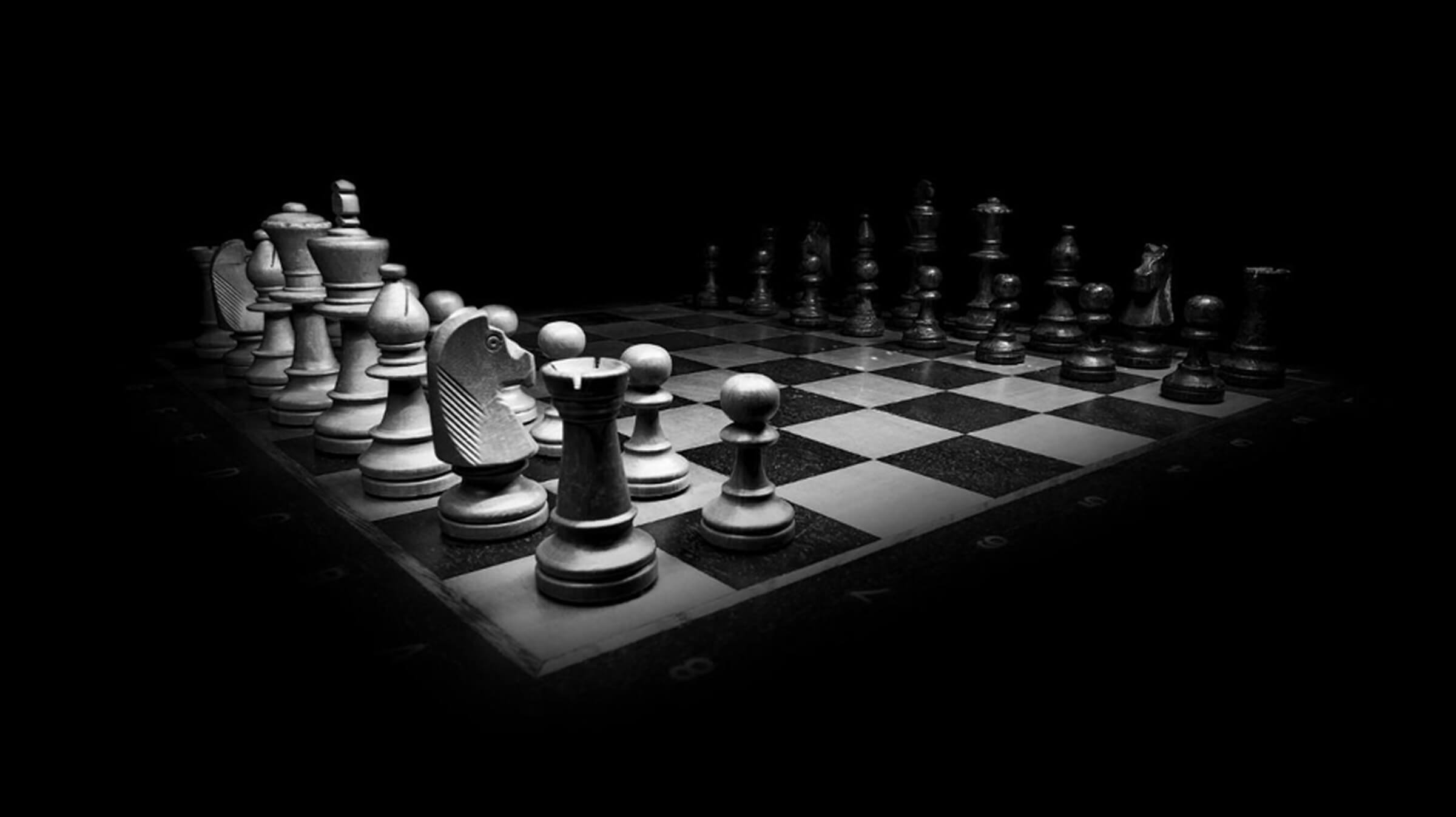Skill Gaming vs Gambling: A Look at Core Differences and Regulations
By: Roger Wright, Staff Writer
June 27, 2022

There are several types of games in the world. Their classification depends on two specific factors, which have more to do with the game's characteristics or its chief objective. The categories of the games can be varied, and these, in addition, can be divided into other subgenres. Some games might even be categorized into multiple genres at once.
Among these categories are gambling (games of chance) and skill games. The main difference seems to be the player's influence on the game's outcome. In other words, in gambling, their role will not define the final result, while in skill games, knowledge or talent have a leading and active role in the game's outcome. It's almost like talking about luck vs. talent.
However, in many cases, we have options that can be a mix of entertainment and a business or source of income.
Core Differences Between Gambling and Skill Gaming
Gambling
It's believed that gambling is one of the oldest inventions of humankind. It's a game of probability because it's closely linked to a mathematical theory.
Even the first books that touched probabilities had analyses of games of chance, for example, the Book of Games of Chance, written by Girolamo Cardano and published in 1663, and the work of Pierre-Remond Montmort: Analytical Essay on Games of Chance, dating back to 1713.
When games of chance involve money, they become part of the betting sector. But there are also purely recreational games of chance.
Some historians claim that games of chance are more than 40 thousand years old. There are records of the presence of such games in the history of civilizations like the Egyptians, Greeks, and Romans.
Types of Gambling
Many games can be categorized as games of chance. Among the most popular are casino games, either online or live. Bingo, blackjack, lottery, and sports betting are some of the world's best-known options.
But depending on where you live, some games are more popular than others. Sports betting is prevalent in Europe and many other countries, and bingo or slot games are popular in online or offline casinos in the U.S.
The popular heads or tails is one of the oldest such games. It's considered a tool to help in decision-making, avoiding being accused of favoritism. In soccer matches, this game defines which side each team attacks or who kicks first in the penalty shootout. It's always played between two options, and the odds are 50% for each side.
Skill Gaming
As the name suggests, skill gaming requires the player to have some ability to achieve the desired result. In some cases, they are also defined as technique games.
As a general rule, these types of games usually require some talent, strategy, and tactics to work together for success. But they can also be physical skills, such as strength or coordination. Sports, for example, are considered games of skill.
A particular characteristic of skill games is that they require practice, knowledge of the rules, and a certain level of experience. Although they do not guarantee success, these aspects increase the odds of success for the players.
Types of Skill Games
There are many types of skill games - as we mentioned earlier, any sport is a game of skill. With the development of technology and the enhancement of video games, playing PlayStation games is already considered a skill. Some Stardust casino games like poker are also considered skill games in the U.S.
Regulations for Skill Games and Gambling
In the United States, poker, in the form of Texas Hold'em, is considered a game of skill, but in countries like Germany or Austria, it's classified as a game of chance, in which luck is one of the main protagonists.
Why is it so important to define a game as chance or skill? In many countries, gambling is not allowed by law, or has different gambling laws. In Spain, gambling has several regulations. And these regulations are of great importance because it's a sector with a significant impact at an economic level.
Advertising about gambling, for example, must be made during the early hours of the morning. There aren’t any clear regulations for skill gaming, even though some of its operators in some countries, like the U.S, face uncertainty.
Conclusion
It's important to remember that gambling and skill games have more similarities than differences. In the end, it's no secret to anyone that luck exists. And although gambling, in some cases, also requires specific knowledge of probability or mathematics, these are not necessary to determine the level of success at the end of a game.